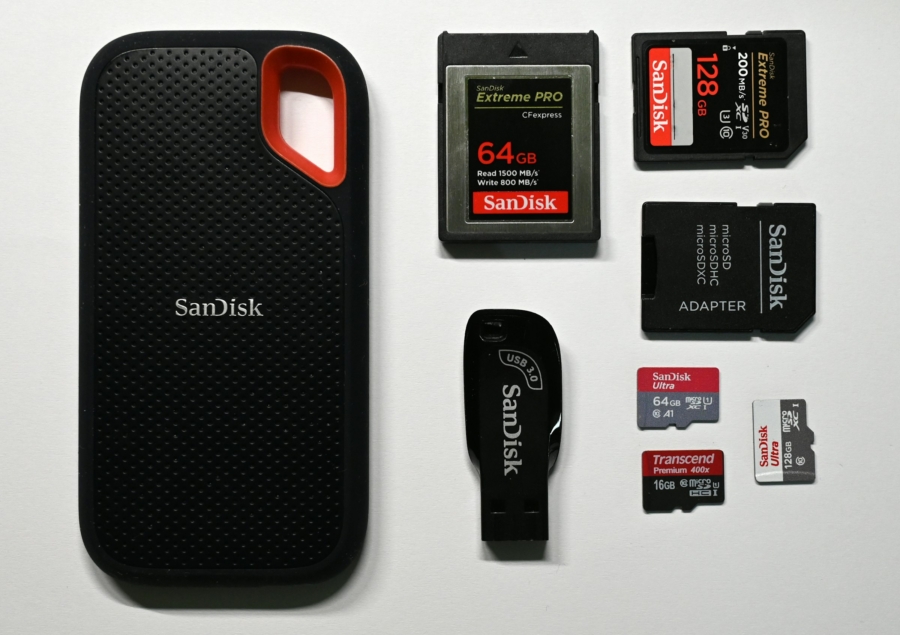App to Measure Disk Read Write Speeds on macOS
Unlike spinning hard drives of old, SSDs, especially M.2 NVMe, have few more criteria to test throwing out the box. Firstly, the drive may not be capable to perform as the spec says. Secondly, your computer — or any device that will connect to the drive — may have unforeseen bottleneck somewhere. At any rate, you do need a testing software to get started.
AmorphousDiskMark is a free software available on Mac App Store that test read and write speed of SSD. It is possible to run the same app on HDDs, but most hard drives wouldn’t need a test such as this due to its limitation. Due to how SSD functions, it is best not to run the test repeatedly; it will shorten the lifespan (or write cycle) of the drive.
A side note, if this is a brand new SSD from rather obscure manufacturers or seller, I would suggest starting with the examining the real capacity of the drive, as it so happens to be tampered with quite often. The best practice, from what I can gather, is to simply buy a reputable drive for more demanding tasks. I’ve heard some horror stories where SSDs performed as it said on the box for the first few months only to degrade exponentially.
Of course, there’s something to be said about using SSD as an external storage. It’s a topic for another time, but for backup purposes, or anything to simply store away, I wouldn’t recommend SSD. Hard drives are still reliable enough for simple jobs such as backup drives and affordable enough — whereas if the SSD fails, it is nearly impossible to recoup the data. If it’s an external drive you need on daily basis, perhaps the system could greatly benefit from a Thunderbolt-connected SSD. It’s a question of risk management.
